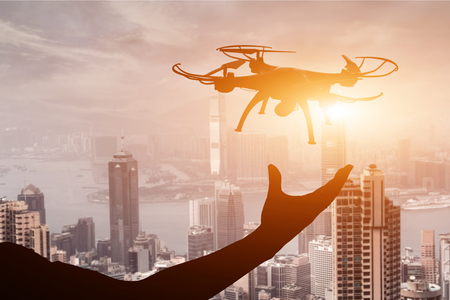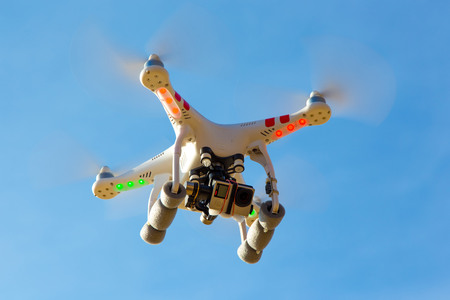“The DUGN understands the challenges faced by lawmakers, law enforcement, and the public at what they feel are reckless or intrusive activities by drone owners,” said Steven Cohen, President of the DUGN. “We welcome reasonable regulations that balance the interests of all parties. We believe that our proposed changes achieve those goals while ensuring both accountability and drone user privacy.”
The DUGN offered changes to the Senate bill that would encourage businesses to draft privacy policies, and hold businesses whose aims are to collect personally identifiable information to a higher standard. These changes would ensure that legislation does not ensnare businesses that inadvertently collect personally identifiable information and have no intent to disclose it. This would more narrowly tailor the bill to apply to companies whose purpose is to collect and sell personally identifiable information.
“To be effective, legislation needs to not only be reasonable but encourage compliance,” said Kenji Sugahara, Policy Director for the DUGN. “One of the changes we suggested includes changing section 2104 of the Senate bill to ensure that civil drone user information was not publicly accessible. We felt that making the information public would serve as a disincentive for commercial drone users to register and comply with regulations. However, we do believe that civil and recreational drone user information should be available in limited situations and have suggested some changes that mirror the Driver’s Privacy Protection Act, (18 USC 2721). The changes would balance the privacy interests of drone users and the need for the disclosure of personal information in certain circumstances,” said Kenji.
With confusion over notification requirements to airports, the DUGN requested changes that would help recreational users to comply with notification requirements and to bring the regulation into alignment with current practices. The organization also asked for changes in regards to abandoned and rarely used heliports and airports where contact information is difficult to find.
Steven Cohen also praised the House legislation that created a definition for a CBO. While the DUGN felt that there could be minor changes, the organization joined the Academy of Model Aeronautics in supporting the overall intent of the language.
“We both want to ensure that there are minimum standards met in order to become a CBO recognized by the FAA. Without the language anyone could create a CBO with rules that could allow drone users to endanger the national airspace system and create hazards for people on the ground.”
Founded in August 2012 by Timothy Reuter, and presided over by Steven Cohen, the Drone User Group Network (“DUGN”) is a community-based organization that represents close to 25,000 drone users throughout the United States. The DUGN seeks to foster interest in the use of civilian drone technology and demonstrate its positive potential for humanity. The local groups host fly-ins and educational events, organize community service projects, and share their passion for this technology and its applications.
Steven Cohen
President
Drone User Group Network


.jpg)
.jpg)
.jpg)

.jpg)




